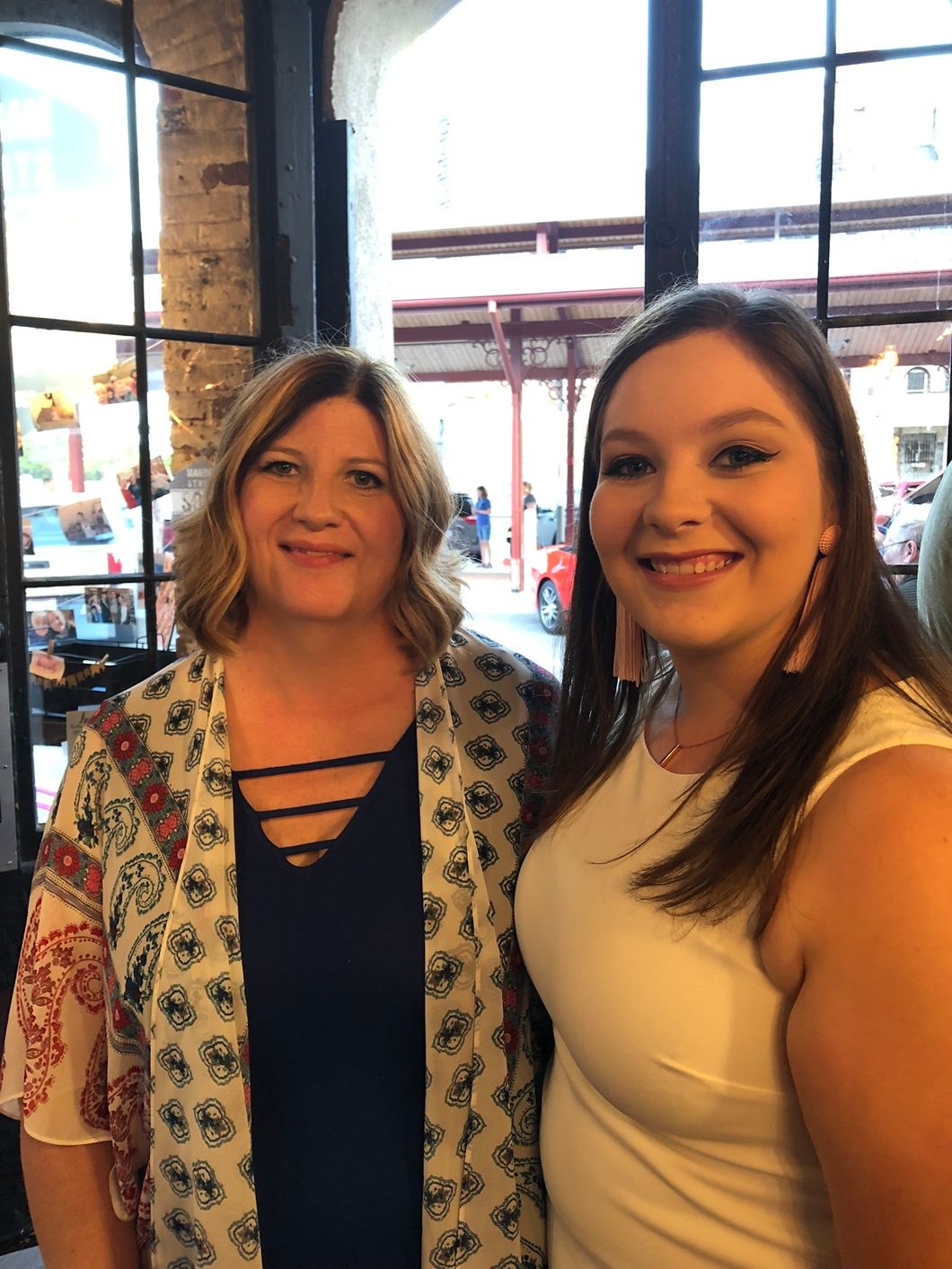As I'm writing this article, my mom has been in the hospital for eight days. When you add the four days prior that she was sick, it's been almost two weeks of uncertainty. My mom has been diagnosed with Guillain-Barré Syndrome. As a condition that attacks nerves in the body, her legs, arms, and face are numb. Her speech is slurred, and she can't get out of bed, let alone walk. Thankfully, the disease is treatable. After completing her treatments, my mom will be in the hospital for at least five days afterward and will then move to a rehab facility where she could spend anywhere from two weeks to two months. A full recovery is possible, but she may experience side effects of the disease for the rest of her life.
As an 18-year-old who just graduated high school, this is the last thing that I thought my summer would consist of. Now, in between balancing two jobs and spending time with friends before we part for college, I've also mixed in hospital visits and taking care of a whole house by myself.
It's an incredibly difficult situation to deal with, but as time goes on, I've found ways to cope. Here's my advice:
1. Cry
Let’s get this out of the way. Cry, and cry some more, and then cry until you don’t think you have any tears left. Then pick yourself up, put on a brave face, and drink some water (you’re probably dehydrated).
2. Talk about it - your fears, questions, and hopes.
For me, my dad has been the biggest source of comfort. Although my parents are divorced, they have a very good relationship, and he is just as concerned about her as I am. The first couple nights, I sat in his living room and cried. We talked about what's happening, what could happen, and what the future could be like. Talking about the situation helped me to process what life is like now.
3. Memorize your way to the hospital.
If you're like me, you get lost all the time. Memorizing my way to and from the hospital helps me cut down the time it takes to get there and helps with late nights when I'm driving home exhausted.
4. If you’re feeling up to it, post an update on social media.
No, I am not one of those people who feels the need to post every aspect of my life on social media. After a few days in the hospital, however, I realized that it probably appeared to others as though my mom and I had dropped off the face of the earth. Posting a simple update on Facebook about what had happened let everyone know that we were OK.
5. Read the positive comments.
Reading through the numerous comments wishing my mom well provided a source of comfort during the late nights at the hospital.
6. Accept help from others.
If you’re fiercely independent like me, it can be hard to accept help from others. Something as simple as asking a neighbor to drag your trash can to the end of your driveway on trash day, however, can relieve one small worry.
7. Lean on your family.
Without my dad and my grandparents, this would be 1,000 times harder. They help take shifts staying at the hospital and remind me that I’m not going through it alone.
8. Spend time with your friends.
The first week that my mom was in the hospital, I didn't see any of my friends at all, and I hardly talked to them. When I told them what happened, they were nothing but supportive. Then, one night, my best friend stopped by because she wanted to make sure I was OK. We sat on my porch for over two hours, talking about everything from my fear that my mom won't get to move me into college to the weird people we encounter at work. Talking to her allowed me to feel like everything was normal, even if it's just for a couple of hours.
9. Cuddle with your pets.
I can tell that they miss my mom as much as I do.
10. Keep your faith that everything will be OK.
At one point, I was afraid that I may lose my mom forever. Throughout this whole process, I have tried to keep believing that everything will be OK, both for myself and for her. I am choosing to believe that this is all part of God's plan for us and that everything will work out in the end.
Having a family member in the hospital is never easy. When you're only 18 years old, it's even harder. When it's your mom, it may be the hardest thing you'll ever have to face. But you aren't alone.









































